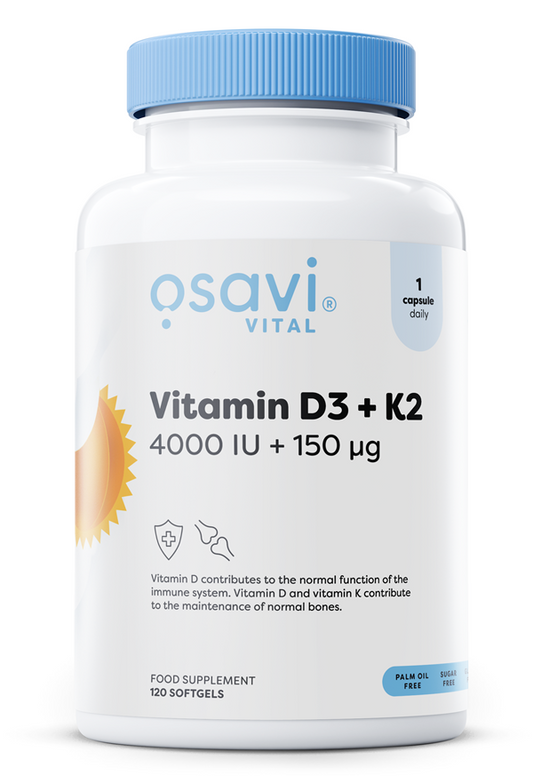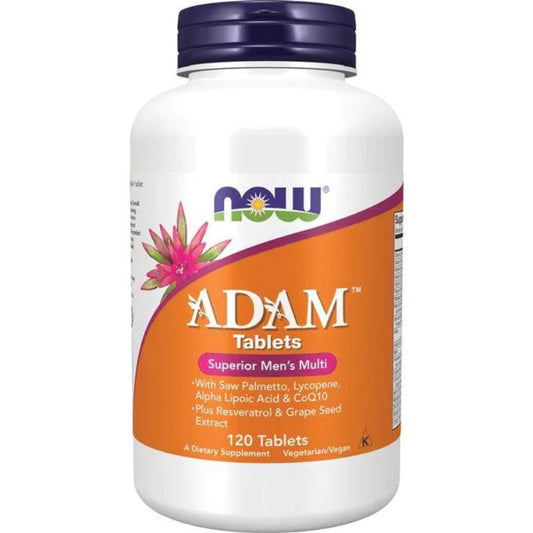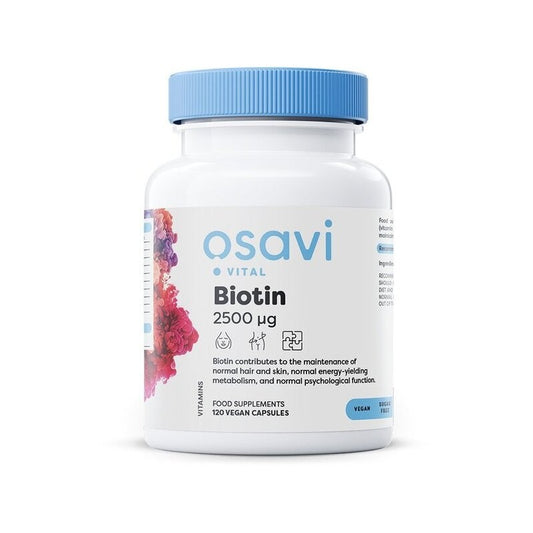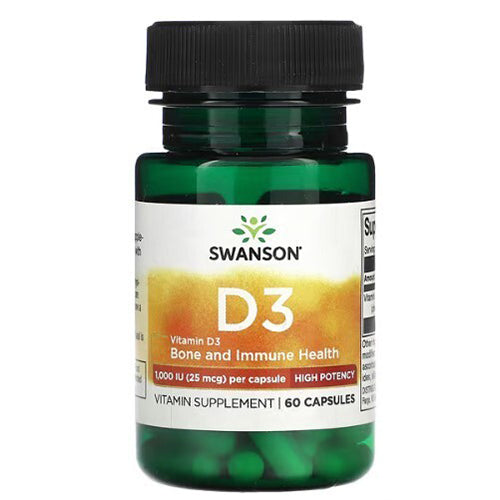
Understanding Muscle Weakness and Natural Ways to Support Strength
Jakub SkibaMuscle weakness isn’t just about feeling a little tired after a workout - it’s a more noticeable and ongoing reduction in your ability to move or perform daily tasks with ease. It can show up gradually, making it hard to lift a child, carry groceries, or climb stairs without fatigue. In many cases, it creeps in over time, so you might not realize it’s happening until ordinary activities start to feel unusually difficult. In others, it may appear more suddenly, which can be worrying. While muscle weakness can result from many factors - including aging, lack of regular physical activity, or recovery after illness - one of the most overlooked contributors is nutrition. Your muscles depend on a steady supply of vitamins, minerals, and protein to function effectively. When your body isn’t getting enough of certain nutrients, it can impact how your muscles contract, recover, and perform. Lifestyle factors such as stress, poor sleep, and dehydration can also make your muscles feel heavier or more tired than usual. The encouraging news is that mild weakness or fatigue is often manageable with simple adjustments in diet, hydration, and movement. By understanding what causes muscle weakness and supporting your body through balanced nutrition and daily activity, you can help maintain your strength, energy, and confidence in everyday life. This article explores the common causes of muscle weakness and shares natural, practical steps to support stronger, healthier muscles.
What Is Muscle Weakness?
Muscle weakness can be described in two main ways:
-
True muscle weakness - when the muscles themselves are not performing at their best.
-
Subjective weakness - when you feel weak due to fatigue, stress, or poor sleep.
If you’re feeling weaker than usual, your body might be signaling that something needs attention, such as diet, hydration, or lifestyle balance.
Nutrient gaps are one of the most common but overlooked factors that can contribute to reduced muscle performance. The good news is, with small lifestyle and nutrition improvements, you can support healthy muscle function naturally.
Common Signs of Muscle Weakness
If you’re experiencing any of the following on a regular basis, it might be time to review your habits and talk with a healthcare provider:
-
Difficulty lifting or holding objects
-
Feeling tired even after adequate rest
-
Muscle cramps or twitching
-
Unsteady or shaky movements
-
Reduced endurance during exercise or daily activities
These symptoms don’t always mean something serious, but they can indicate your muscles need more balanced care and nourishment.
How Vitamins and Minerals Support Muscle Function
Your muscles rely on several key nutrients to perform efficiently. Here’s how they contribute to healthy muscle activity:
Vitamin D
Supports muscle performance and bone health. Limited sun exposure or low intake may affect muscle function.
Vitamin B12
Important for nerve health and muscle coordination. Found in animal products and fortified foods.
Magnesium
Plays a role in energy production and muscle relaxation. Nuts, seeds, and leafy greens are rich in magnesium.
Iron
Helps transport oxygen in the blood, which supports overall energy levels and stamina.
Potassium & Calcium
These electrolytes assist in proper muscle contraction and movement.
Maintaining a balanced diet with these nutrients can help your muscles work more efficiently. If you suspect a deficiency, always consult your doctor for proper testing and guidance.
Natural Ways to Support Muscle Strength
You don’t need complicated routines or expensive treatments to care for your muscles. Here are simple, effective steps to promote strength naturally:
1. Eat a Balanced, Whole-Food Diet
Focus on lean proteins, leafy greens, eggs, dairy, bananas, nuts, and seeds. These foods naturally provide essential nutrients that support muscle and nerve health.
2. Get Moderate Sun Exposure
A few minutes of sunlight daily can help your body produce vitamin D - important for maintaining bone and muscle wellness. Don’t forget sunscreen for skin protection.
3. Stay Active Regularly
Light movement such as walking, stretching, yoga, or home workouts can help improve circulation and muscle tone.
4. Stay Hydrated
Water helps transport nutrients and maintain electrolyte balance. Aim for 6-8 glasses per day, or more if you’re active.
5. Consider Supplements Responsibly
If your healthcare provider finds you have low levels of certain nutrients, supplements may be recommended to support your diet. Always follow professional advice before starting any new supplement routine.










